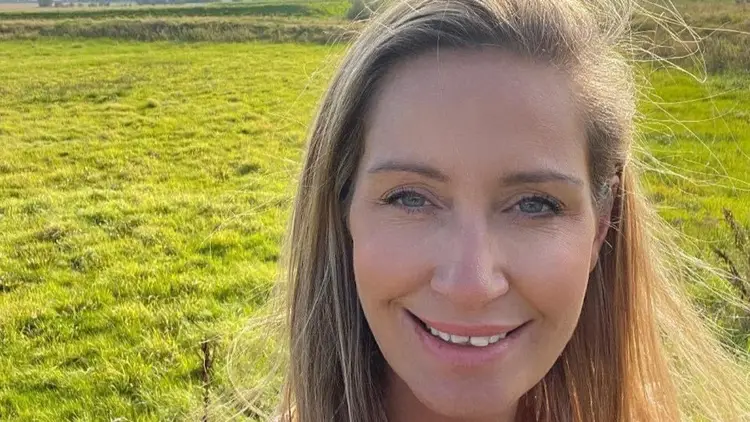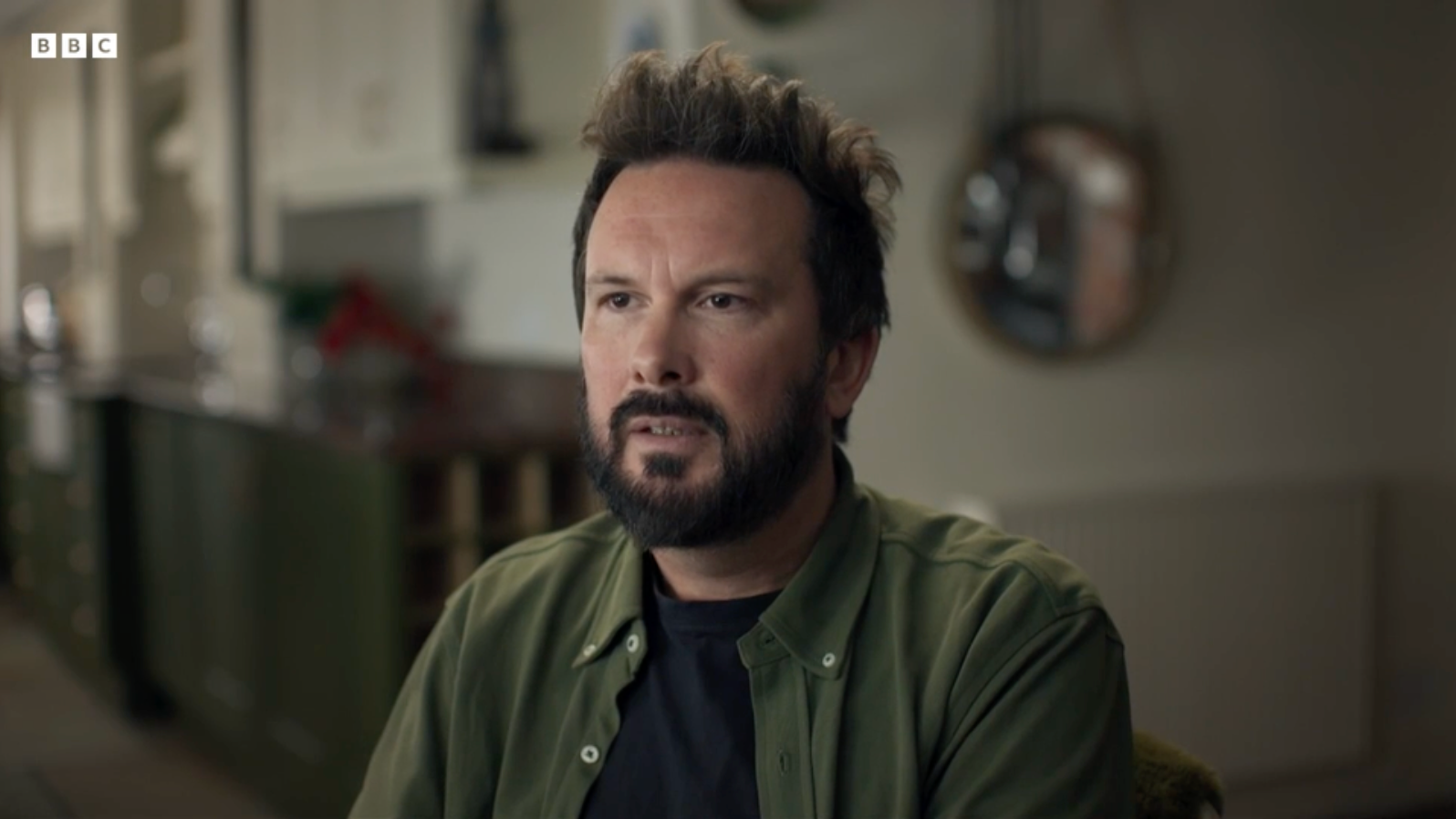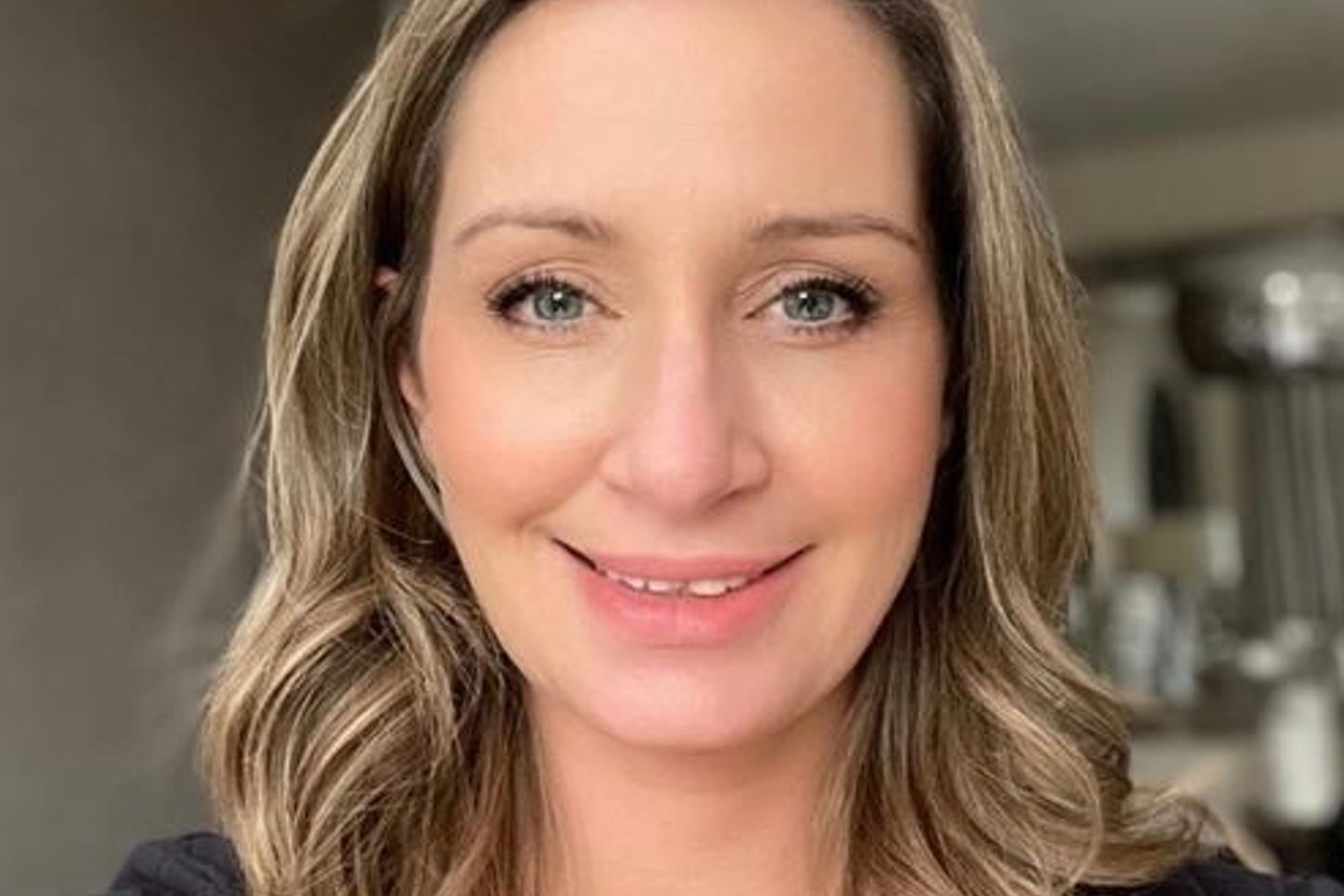The search for Nicola Bulley: Family reveal the trauma and frenzy in new documentary

Subscribe For Free Morning News Updates!
Subscribe To Our Free Morning Headlines Email
The family of Nicola Bulley felt overwhelmed when her disappearance led to rampant conspiracy theories and online gossip, according to the director of a new documentary.

The 45-year-old mother disappeared last January while taking her dog for a walk along the River Wyre. After a thorough search effort, her body was discovered in the river three weeks later.
Her husband and family have opened up about their difficult experience in a BBC documentary titled "The Search For Nicola Bulley." The director, Rachel Lob-Levyt, conveyed to The Independent that this was “not an easy decision” to make.
"Over the course of those three weeks, a lot was happening and so much was beyond their grasp, especially in terms of Nicola's identity—it seemed to fade away. They were unable to retain control over that aspect," she explained.
In his first public comments featured in the documentary set to air on Thursday night, Paul Ansell shared that the family initially appreciated the attention from the public. However, he noted that the intense online focus and obsession soon became a “double-edged sword.”
As the investigation went on, some amateur detectives started to share damaging and inaccurate information regarding the case. This led to various conspiracy theories, with some of these so-called detectives even traveling to Lancashire to broadcast the search live online.

“That’s the issue. You’re stirring up trouble,” Mr. Ansell remarked.
I was receiving private messages from strangers who I've never encountered before. They have no familiarity with me, with us, or with Nikki.
He was informed with statements like, “You can’t escape” and, “We’re aware of your actions.”
Mr. Ansell expressed, “In addition to the pain of our current situation, it's incredibly difficult to deal with the awful things being said about me in relation to Nikki. Everyone has their breaking point.”
When discussing how to help the family feel at ease sharing their difficult experience, Ms. Lob-Levyt, known for her work on Louis Theroux Interviews and Hospital, mentioned, “I dedicated a significant amount of time outside of filming to build a rapport with them and allow them to become familiar with me.”
“It focused on developing genuine human connections, with no urgency to rush things. I prioritize complete openness, clear communication, and honesty throughout the entire process.”
Reporting on social media reactions to Ms. Bulley’s disappearance was a “challenge,” according to her, because of the adverse effects it had on her family and friends. “There seems to be a tendency in traditional media to ignore social media, but I don’t believe that’s the most effective strategy.”

"It's definitely becoming a permanent fixture, and it's significantly influencing the way stories like this are reported. We felt it was crucial to connect with this and explore the subtleties involved."
The documentary will explore the struggles the family experienced as the search for Ms. Bulley grew more urgent, along with the effects this situation had on the couple's two young kids.
“The nights were the toughest,” Mr. Ansell shared. “But in the morning, I felt a surge of hope. It would get dark around 4 PM back then.”
Around 3 PM, I'd begin to feel a sense of panic because I realized that it would be getting dark soon—just in an hour. That meant we had only an hour left to locate her.
"And naturally, I'd have my daughters with me. The moment they got out of school, they would rush over and ask, 'Have we located Mom yet?'"
A report on the case found that disclosing details about Ms. Bulley's health issues was "unnecessary and could have been prevented." It emphasized the need for police and the media to restore public trust.
This included information about her continuing challenges with menopause and that she faced “serious problems” with alcohol.
In the previous year, a coroner determined that Ms. Bulley died accidentally, noting that she had fallen into the river and experienced "cold water shock." The coroner also indicated that there was "no evidence" pointing towards suicide.
The Search for Nicola Bulley will air on BBC One on October 3 at 9 PM BST and will also be accessible on BBC iPlayer.




























